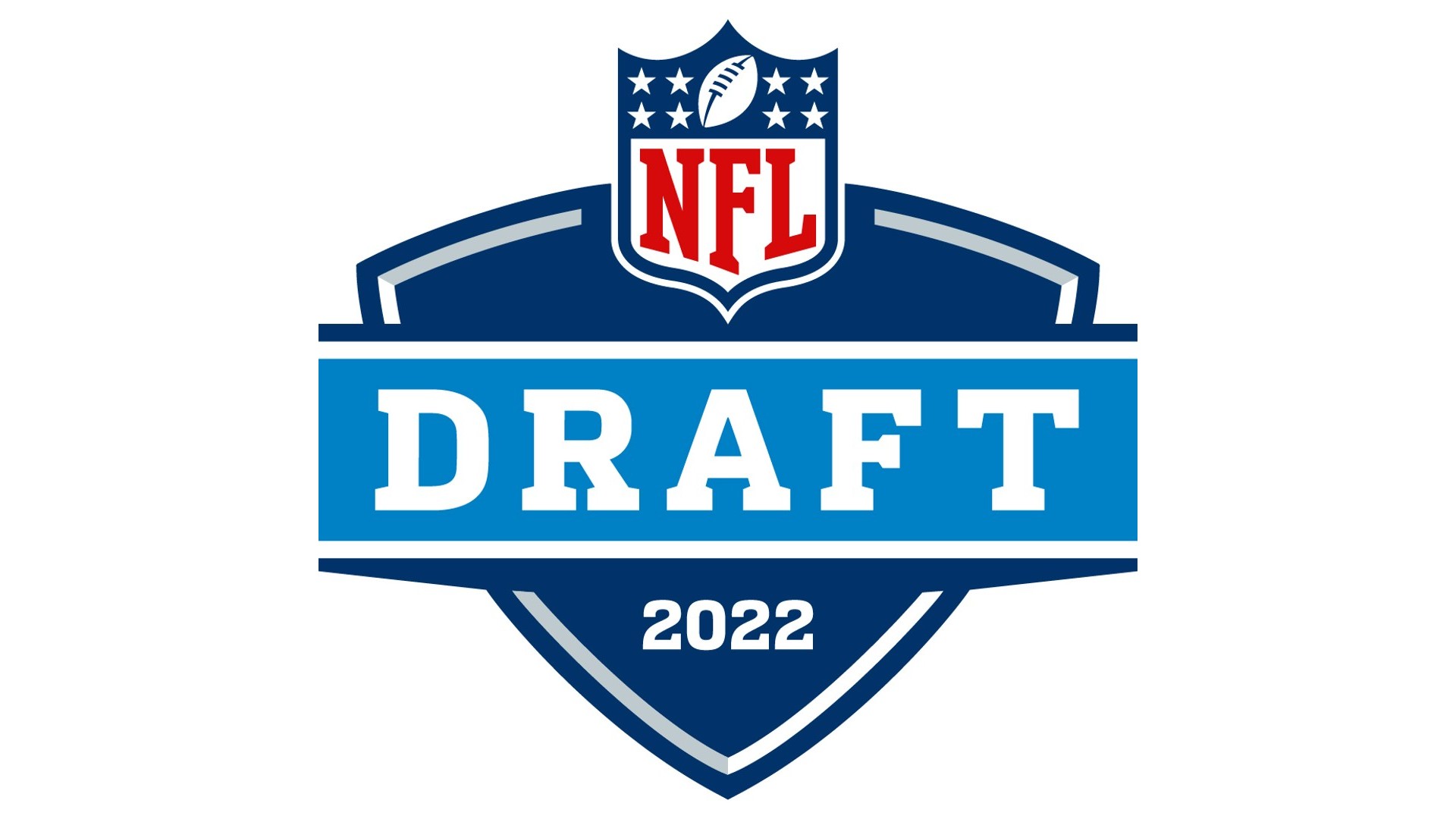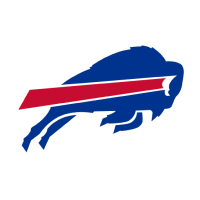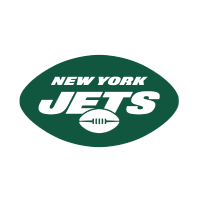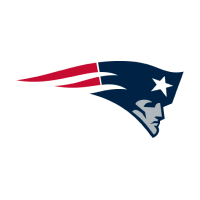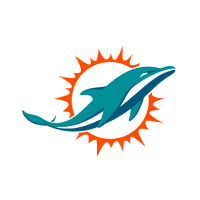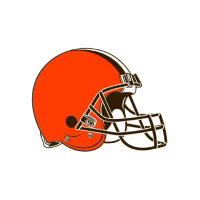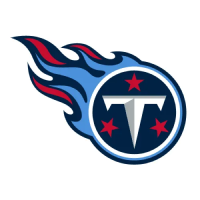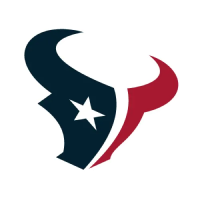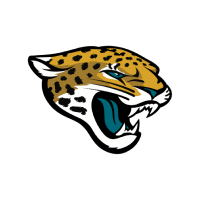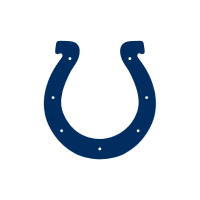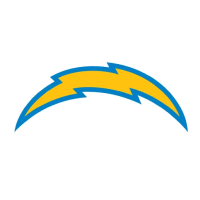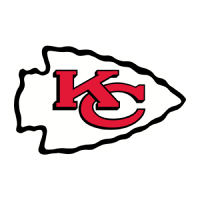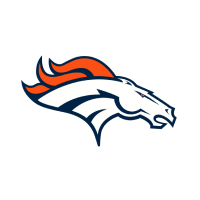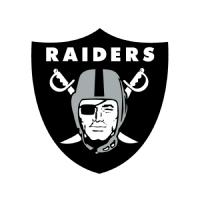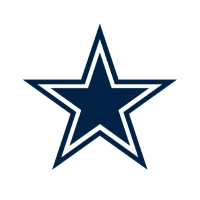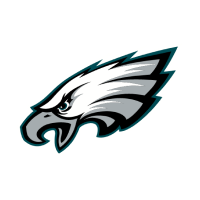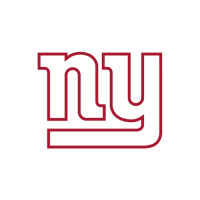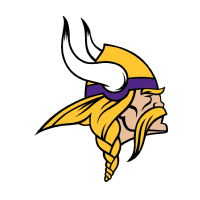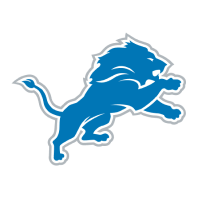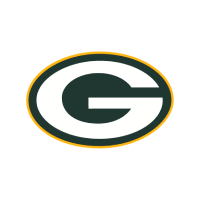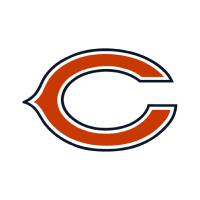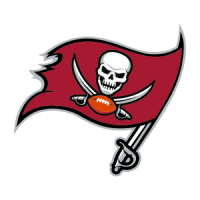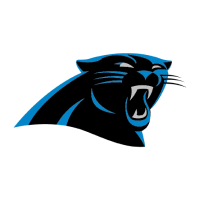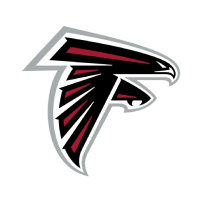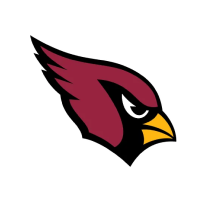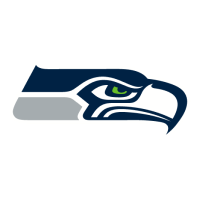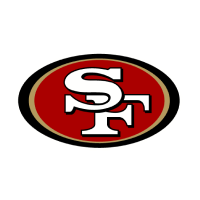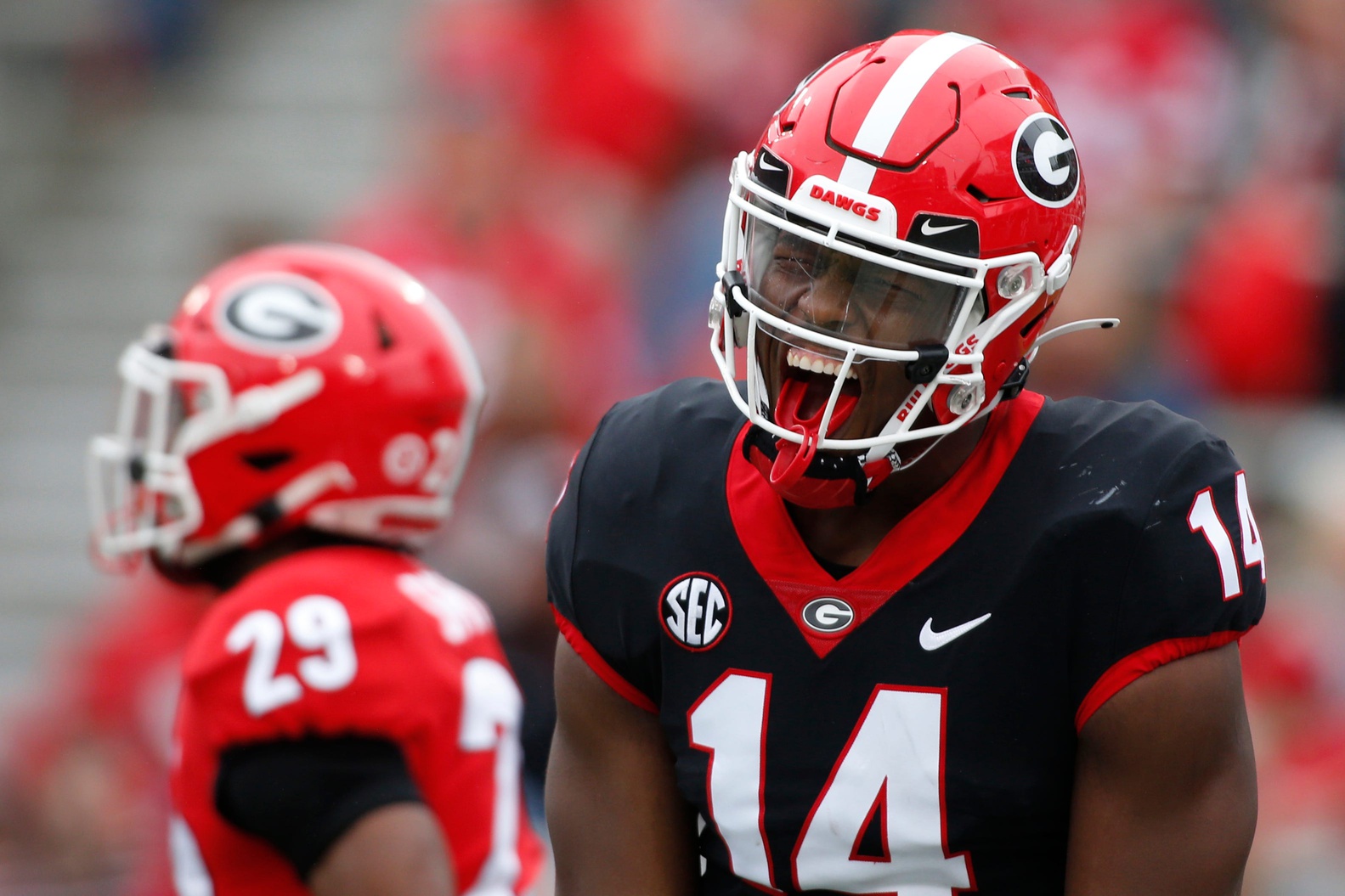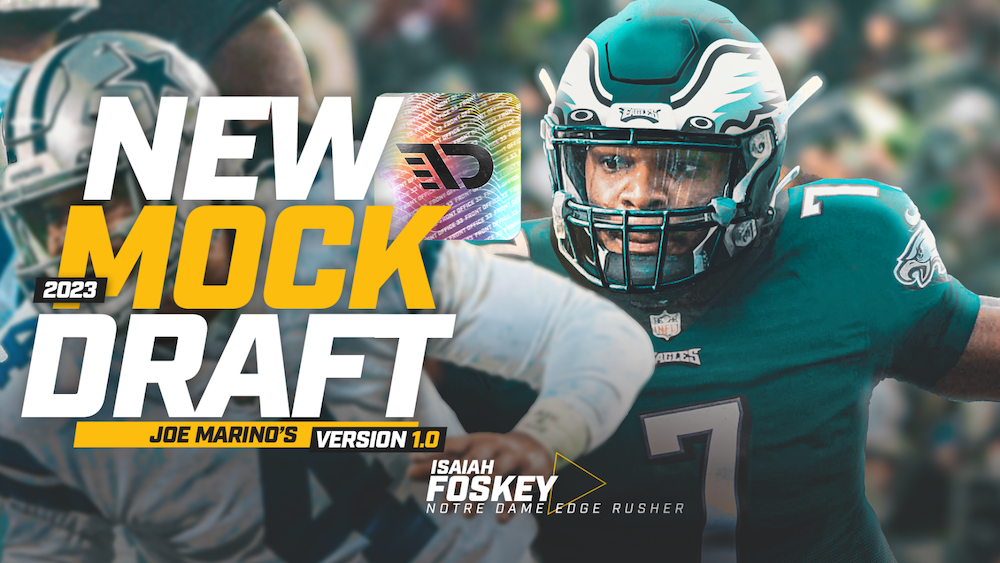It feels like we’ve been talking about college athletes being held back via amateurism for a long time. But anytime the conversation got to the “so how do we change it” point, the answers were often too drastic or too inconsistent for anything to go in motion.
So when it finally came to be that college athletes around the country could profit off their name, image, and likeness (NIL), the fear was that college sports as we knew it was just going to become this giant, lawless free-for-all.
For some, I’m sure the changing of the times has come with chaos spawning from the unknown. But for players like Miami Hurricanes quarterback D’Eriq King, though the waters are uncharted, he’s sailing full steam with confidence and a good sense of direction.
On the very first day of the NIL era, King signed deals with three businesses. But don’t make the mistake of thinking this was a short-term view of a player taking any money from any business that extended it to him. On the contrary, King was looking at the bigger picture.
“It can get overwhelming,” King said. “A lot of guys would just take any deal; whatever money they’d throw at you, they’d take it. But for me personally, I want to work for people who have the same core values as me… I want to have deals that last a lifetime, not just last six months. I want to work with good people and good companies.”
In addition to the deals he’s already signed with businesses, King also co-founded a company called Dreamfield that helps pair college athletes with other businesses to coordinate paid in-person appearances. So, King is not only signing his own deals for his own NIL, he’s helping other athletes make sure they sign the right deals themselves, and he’s going about it in a way that makes him a business owner and entrepreneur.
Not too bad for a young man who hasn’t even turned 24.
“My most important thing for me is not to make as much money as possible,” King said. “It’s to help as many people as I can. My teammates are a big deal to me. I want everybody to do well, whether that’s the third-string defensive tackle or starting center… I talk to people all the time about this. If you play any kind of college sports, you play for four or five years, and if you don’t make it to the NFL or the NBA it’s like, ‘hey, good luck.’ This part of it is about learning business; learning how to pay taxes and different kinds of stuff that prepares you for life after college football.”
That last part is important to remember. There are a lot of people who held amateurism in college athletics close to the chest because they were worried about the social implications. “Think about what kind of decision-maker you were when you were 19 or 20 years old. Would you have been ready to have thousands of dollars at your disposal?” But that kind of thinking comes from a root of fear, when in reality, NIL in college sports should be seen as progression and welcomed. Not only is it right for these young athletes to have the freedom to benefit financially off their talents, putting NIL practices into motion will naturally teach them how to manage money, how to negotiate contracts, how to pay taxes, how to weed out the right people and the wrong people to associate with. Will some of the lessons come with lumps? Sure, but that’s life—and a life these young athletes have worked hard to deserve, experience, and learn.
That’s why the approach athletes like King have is important. They are a lighthouse on waters that don’t have a map. But it’s no surprise that King is handling his NIL in such a manner, at least no surprise to his head coach Manny Diaz.
“It’s just who D’Eriq is,” Diaz said. “He’s talking about bonding with companies that match his core values. I mean, you don’t hear many college kids use the term ‘core values’ very often. He's an old soul, he’s got a great head on his shoulders, he’s very mature. It just makes sense that, when it came to NIL, that he’d attack that the way he’s attacked everything else.”
The landscape of NIL is going to evolve rapidly over the coming years. Some practices will be good and some not as much. It’s going to be a learning process for everyone involved. But the toothpaste is out of the tube, if you will; we can't go backward. Those who handle things the right way will make a better world for themselves and the athletes around them. That’s why what King is doing is more important than just a few extra thousand dollars right now. It’s about approaching an unknown situation from a point of long-term excitement, not short-term fear.
“My thing was to be in front of it and be prepared for it,” King said. “I can be a leader of it.”
Filed In
Related Articles
NFL Draft
Arik Gilbert Doesn’t Need Big Workload To Be A Top NFL Draft Pick
- Aug 22, 2022
NFL Draft
2023 NFL Mock Draft: Marino 1.0
- Aug 22, 2022
Written By
